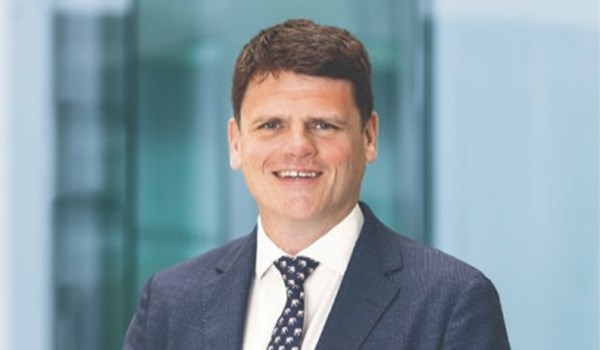- KKR’s family office survey of 75 chief investment officers around the world found that family offices will have 52% of their portfolios invested in alternative investments this year, up from 42% in 2022.
- Cash holdings fell from 11% to 9% from 2022 to 2023, and their holdings of publicly traded stocks fell from 32% to 29%.
- Their favorite alternatives include private credit, infrastructure, private equity and commodities.
While many institutional investors are trimming their alternative investments like hedge funds and private equity, family offices are pouring even more money into the sector, according to a new study.
KKR’s family office survey of 75 chief investment officers around the world found that family offices had 52% of their portfolios invested in alternative investments in 2023, up from 42% in 2022. The growth in alternatives is coming at the expense of almost every other asset class, as their cash holdings fell from 11% to 9% from 2022 to 2023, and their holdings of publicly traded stocks fell from 32% to 29%.
“At a time when other allocators are pulling back from private allocations, this group’s intentions is to actually increase exposure to private market investments again in 2024 to further take advantage of the illiquidity premium,” the survey said.
The moves are part of a broad shift for family offices, the private investment vehicles for wealthy families, as they move away from public markets toward privates and alternatives — everything from real estate and private equity to direct stakes or ownership in private companies. Since family offices have longer time horizons than other investors, preferring assets that will grow over multiple generations, they can invest in private business and alternatives that pay a premium for more patient capital.
Family offices also have a special advantage in the current market, since banks and more traditional lenders are pulling back on loans to companies. Many large institutional investors are shying away from private equity, venture capital and other asset classes that have suffered from a lack of IPOs and acquisitions.
“Now is an interesting time to play offense, given that many others need liquidity, and we don’t,” one CIO told KKR, according to the report. “We are particularly keen on going direct, for example, in sectors where we have owned businesses in the past.”
Family offices plan to continue to move capital from cash and stocks into alternatives this year, according to the survey. Fully 42% plan to shrink their holdings of cash, and 31% plan to trim equities. Their favorite alternatives include private credit (with 45% planning to add to their holdings) followed by infrastructure (31%), private equity (28%) and commodities (18%).
Many are also planning to put more of their money to work in real estate, though only in specific sectors. The report said family offices are concentrating on data centers, logistics and warehouses “that capture the important post-pandemic investment themes.”
Another sector family offices like right now: oil and gas, in both private and public markets.
“Forced selling by other investors exiting the sector is creating tremendous opportunity,” the survey said.



